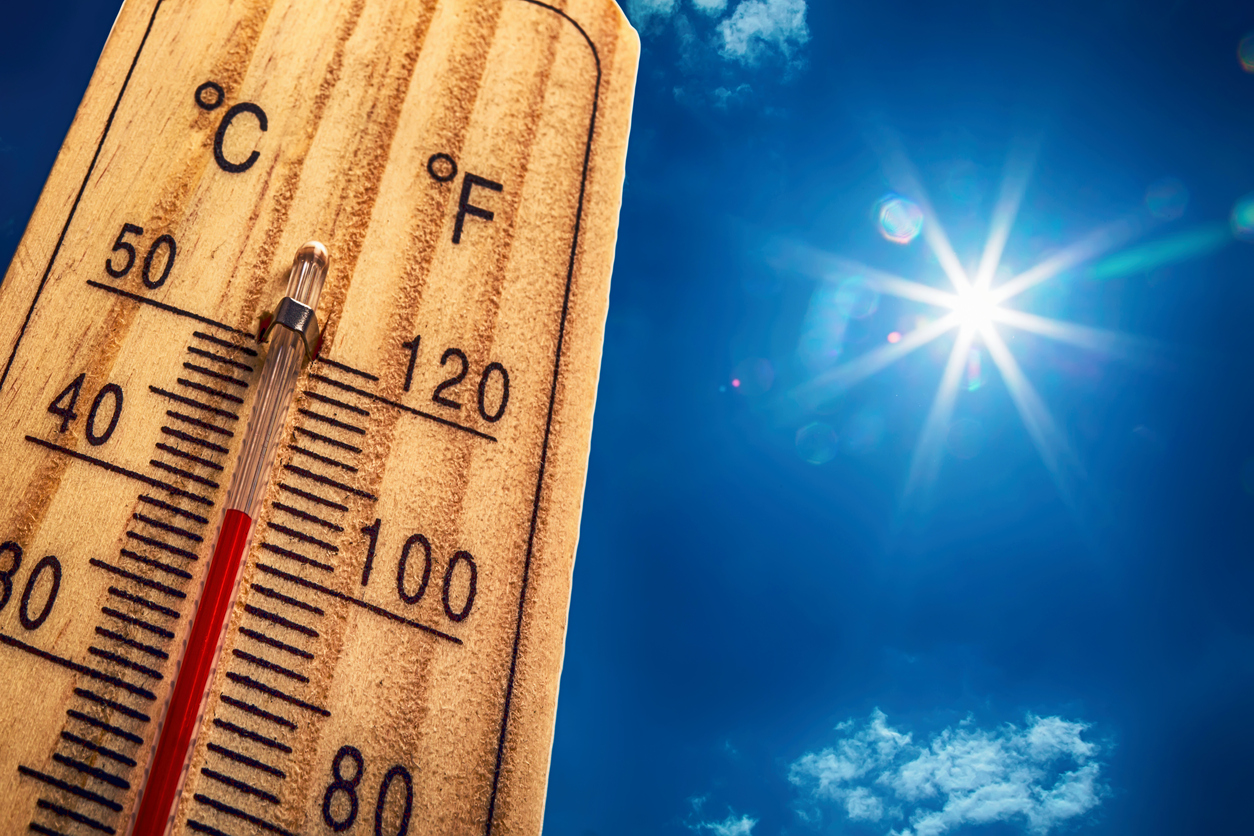- Thursday, April 24, 2025
A study published in JAMA Psychiatry said even a degree rise in average annual temperature was linked to an increase of over 6% in cases of physical and sexual domestic violence across India, Pakistan and Nepal.

By: Shubham Ghosh
CONSIDERABLE rise in domestic violence against women is not something new for the world to know about but a new study has revealed something alarming — rising temperatures are also related to the social crisis — adding yet another dimension to the impact of the menace called climate change, The Guardian reported.
A study published in medical journal JAMA Psychiatry on Wednesday (28) claimed that even a degree rise in average annual temperature was linked to an increase of over six per cent in cases of physical and sexual domestic violence across three nations in South Asia, namely India, Pakistan and Nepal.
The study tracked 194,871 girls and women between the age of 15 and 49 in the three countries between 2010 and 2018 and the emotional, physical and sexual violence they reportedly faced. The research compared the data with fluctuations of temperature across the same period. It was found that India, which had the highest number of reported rates of intimate partner violence of the three countries, also saw the biggest rise in abuse — with a rise in a degree came eight per cent increase in physical violence and 7.3 per cent in sexual violence.
While countries across the world were experiencing extreme temperatures and heatwaves, Michelle Bell, a professor of environmental health at Yale University and co-author of the research study, said there were “many potential pathways, both physiological and sociological, through which higher temperature could affect risk of violence”, The Guardian reported.
Extreme heat conditions can result in failure of crops, hit infrastructure, hurt economies and trap people indoors, hindering their work and this can lead to families being left under extreme stress which can cause increased violence.
The researchers also found that while there was a general heat-related rise in violence across all income groups, the biggest rise was seen among people in the lower income group and rural households, the report added.
Suniti Gargi, an Indian activist who used to work in the women’s commission in the northern Indian state of Uttar Pradesh, said the climate crisis is making heatwaves, otherwise an annual occurrence in the country during summer, worse and links them with the growing level of domestic violence.
“I’ve been seeing unusually high temperatures becoming more common,” she told The Guardian. “They cause tremendous economic stress in families. If a man can migrate to another state to get work, it can help keep the home fires burning but when he cannot for whatever reason, his wife is at the receiving end of his anger and feelings of uselessness.”
One woman, who has faced the ire of her husband, told Gargi that when heat becomes extreme in the months of May and June and he cannot go out to work in the fields, the family loses its only source of income. The husband becomes upset as a result and feels upset about not being able to feed his family. The frustration slowly builds up and when he sees the children whining and fighting, he beats his wife and the children. He regrets the act later but the same thing repeats the next day when he can’t go out to work again, according to the wife.
Other researches have also shown that rising temperatures can lead to a more violent world, especially for the women. One research from Madrid said when a heatwave hit, the risk of intimate partner femicide grew by 40 per cent, and in Kenya, women who experienced severe weather events such as heatwaves had 60 per cent higher odds of reporting intimate partner violence.
The heat can also take a toll on the human body.
“There is growing evidence that extreme heat can affect stress, lower inhibitions, increase aggression, and exacerbate mental illness,” Bell told The Guardian.
Past research showed that acute exposure to heat is associated with growing adrenaline production, which could lead to higher aggression and activate the parts of the brain associated with emotion regulation.
Heatwaves can also worsen the effects of mental illness, including anxiety and post-traumatic stress disorder.